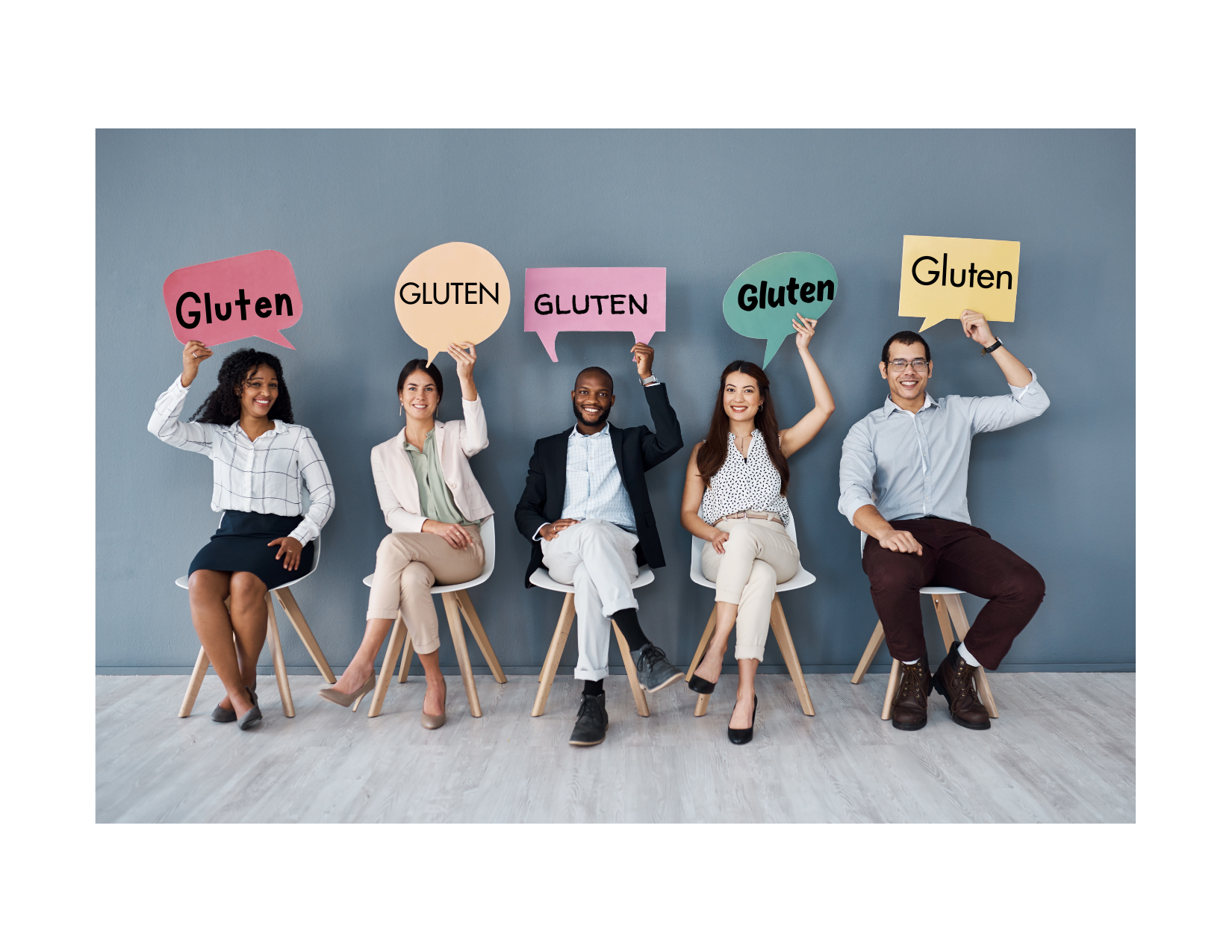
Why is everyone talking about Gluten?
In recent years, gluten, a protein that provides the elastic quality in bread, has become a topic of intense scrutiny in the world of health and nutrition. While scientific studies try to identify clear categorization of gluten related diseases, more people than ever are making a conscious effort to reduce or eliminate gluten to improve their diet.
Is gluten-free a fad? Growing evidence gives substance to support the trend.
Consuming gluten can lead to serious health issues for a growing number of people. Those with celiac disease, an autoimmune disorder with clear blood markers, experience severe damage to their small intestine when they ingest gluten. Their symptoms may include severe pain, chronic diarrhea, and loss of blood.
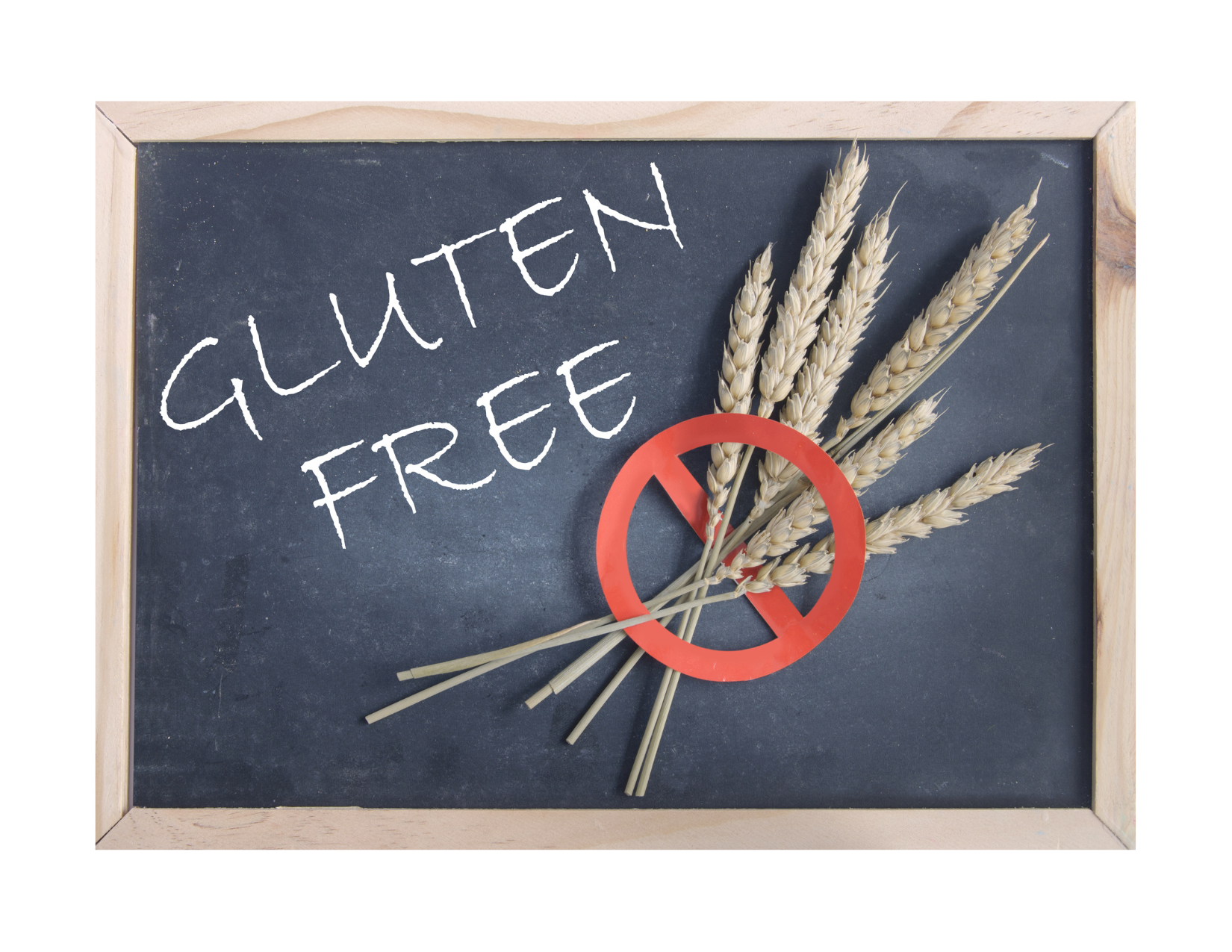
Others may have non-celiac gluten sensitivity but do not have confirming test results. These people are the ones with symptoms stemming from an unidentified cause, but they respond to a gluten-free diet, finding relief from symptoms of bloating, fatigue, headaches, snoring, and many discomforts unrelated to digestion.
Some of the risks that are associated with elevated levels of gluten proteins in the blood contribute to heart attacks, stroke, and peripheral artery disease causing leg pain during activity that eases with rest, coldness in the lower leg or foot, and in severe cases, ulcers or gangrene.
Kidney and thyroid develop in some people who are compromised when blood levels of chemicals related to gluten cannot be neutralized and interrupt their normal chemical balance.
Avoiding gluten has been linked to other benefits such as improved digestion, resolution of diverticulitis, reduced healing time anywhere in the body, and enhanced energy levels. When symptoms are eliminated, we can understand the almost fanatic way gluten-free diet is defended by those who choose this diet. As awareness grows, some people adopt a proactive approach to better health which includes a gluten-free lifestyle.
What happens when you eat gluten?

When you first put a bite of food in your mouth, enzymes in the saliva, stomach, pancreas, and small intestines jump into action. Each enzyme is assigned to transform into one type of food. There are enzymes for fats (lipase), milk (lactase), phytic acid (phytase), etc. The food that has been transformed then absorbed into your body and cells. However, there is no enzyme for gluten. It passes through the stomach, sailing past the gall bladder and pancreas ducts, and arrives at the small intestine, where the problems begin.
Gluten protein, called gliadin, attacks the lining of the small intestine where the tissue becomes irritated and inflamed. Frequently eating foods like bread, pasta, and pastries leads to a continuous assault on the digestive track, resulting in a loss of normal protective boundaries leading to the term leaky gut.
Once the gliadin breaks through the tiny barrier cells lining the gut, normal balances in the body’s immune system become overwhelmed in the havoc. Full-on inflammation, tissue swelling, and autoimmunity breaks down occur.
3 Powerful Ways a Gluten-Free Lifestyle Could Boost Your Health

#1 Gluten-free avoids damage to the natural defense barrier in the gut.
This delicate inner lining of the small intestine is an important line of defense against entry of disease and toxic materials. Breaks in this thin (one cell thick) inside layer of the intestine exposes the interior of your body to bacteria, viruses, molds, and yeasts.
In some people, the body’s reaction to these foreign substances is extreme resulting in chronic bowel disfunction. It is postulated that gliadin is also the mechanism by which nutrient and vitamin absorption is reduced when eating gluten.
Increased vulnerability to infectious diseases is common when the inner lining of the small intestine is breached. The microbiome responsible for immune responses that begin in the gut are thrown out of balance when the gut is damaged from gluten.
#2 An important role of microbiomes is its ability to support chemical stability in the brain. To ensure the best communication between the microbiome and the cerebral tissue, improving mental and emotional function, is important to have a stable environment in the small intestine without the disruption of gluten and its protein gliadin. This may be a reason why recovery of health through gluten restriction improves mood and focus.
#3 With gluten in our diet, we tend to see poor vitamin and mineral uptake of necessary components. Iron, vitamin D, folate (vitamin B9), vitamin B12, calcium, zinc, and magnesium are among the important vitamin deficiencies seen with gluten intolerance.
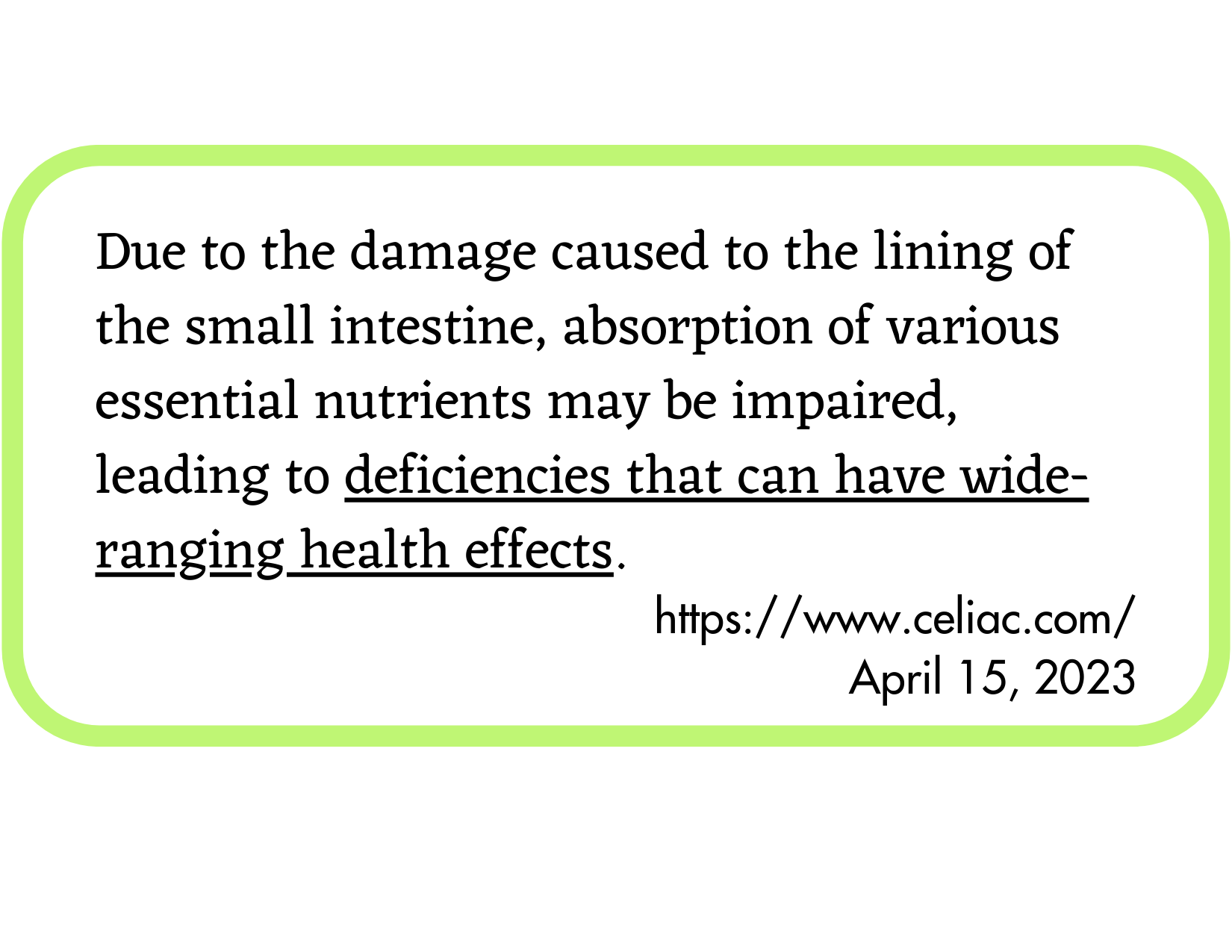
6 Practical Tips to help you embrace gluten-free living with ease.
If you want to evaluate your sensitivity to gluten or if you are looking to eliminate to reduce gluten for prevention of future problems, here are some practical steps to help you stay on track:
1. Read Labels Carefully – Gluten can hide in unexpected places, including beer, sauces, dressings, and other processed foods. Check ingredient lists for wheat, barley, rye, and derivatives like malt and brewer’s yeast.
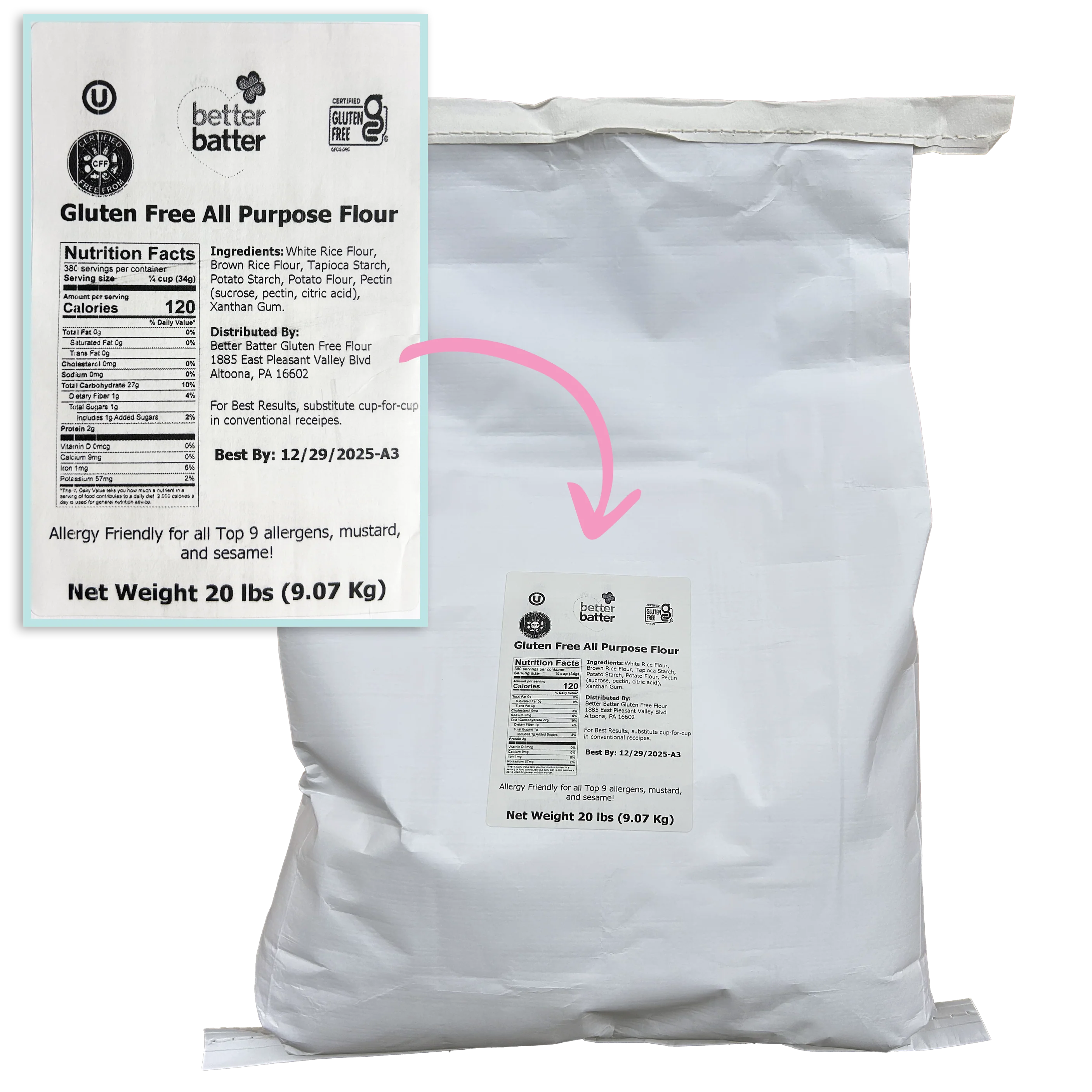
Lists of ingredients for prepared and processed foods are often, perhaps intentionally, hard to interpret. For example, adding gluten to a food product allows manufacturers to label it as protein, increasing the perceived value of the food, but this protein is not a bioavailable form. In other words, our body can’t use it! We normally think protein is an essential nutrient, but not this protein.
2. Select Naturally Gluten-Free Foods – Fruits, vegetables, lean meats, fish, eggs, dairy, nuts, and seeds are all naturally gluten-free. Building your diet around these whole foods ensures a safer approach.
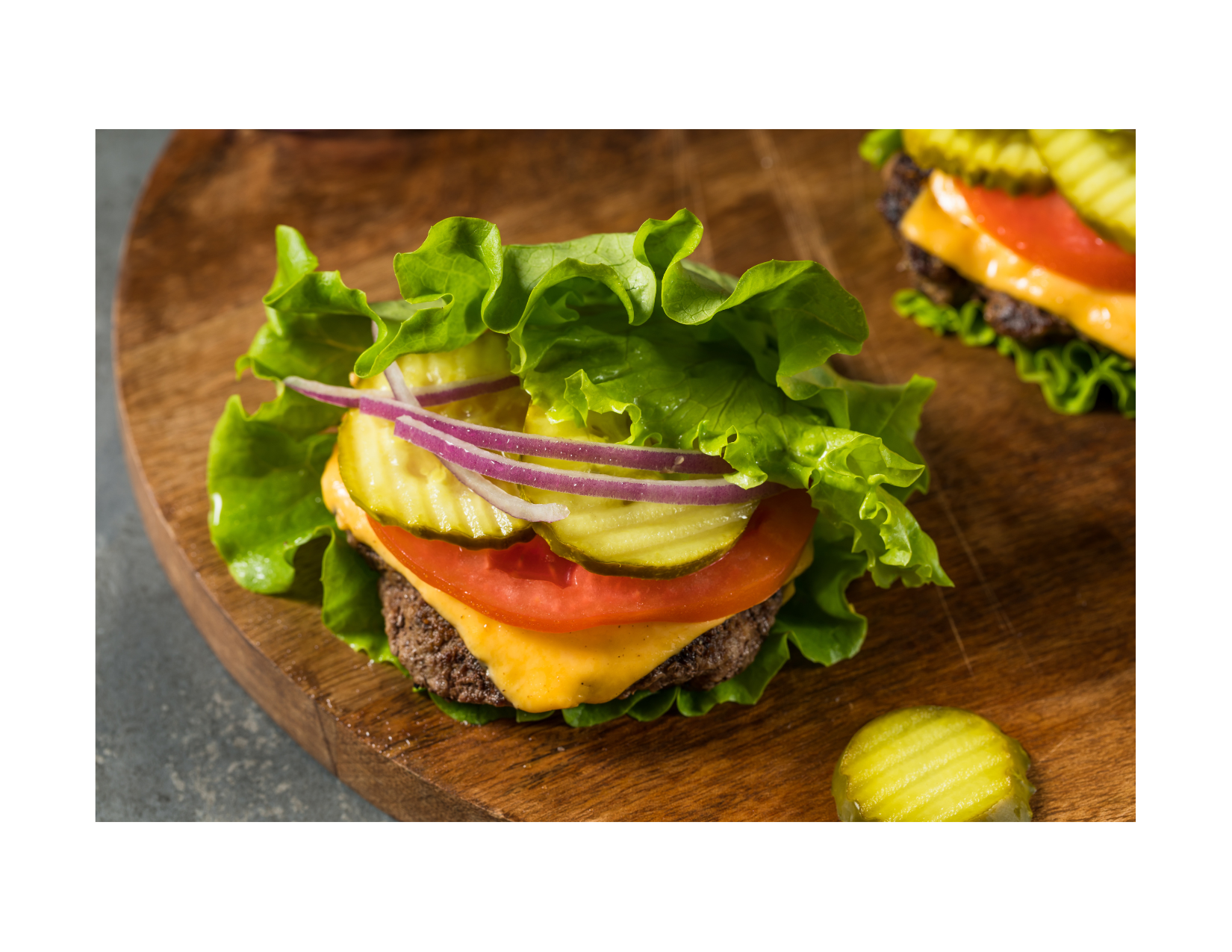
3. Explore Gluten-Free Grains – Instead of wheat-based products, try gluten-free grains such as quinoa, rice, buckwheat, millet, and gluten-free oats.

4. Cook More at Home – Preparing meals yourself allows you to control ingredients and avoid cross-contamination from gluten-containing products. Nicole Hunn, a gluten-free cook/teacher/author, has my vote for having the best and broadest selection of gluten-free recipes (you must try her egg noodles). In the mood for a gluten-free sandwich bread that doesn’t taste like cardboard? Follow the simple directions Nicole gives for soft and luscious sandwich bread. You may be surprised by how easy this sandwich bread recipe works up [psst: no kneading!].

5. Find Gluten-Free Alternatives – Today, many gluten-free versions of bread, pasta, and snacks are available. Look for certified gluten-free products to minimize risks. Don’t forget to check the freezer section in your grocery store. You’ll find many gluten-free products there.
6. Communicate at Restaurants – When dining out, ask your server about gluten-free options. If you are extremely sensitive, ensure the restaurant understands the importance of avoiding cross-contamination. I suggest you phone the restaurant ahead of time to discuss your dietary preferences. An app that locates and describes restaurants where you are may be exactly what you need. There are several so I’m suggesting this site that rates some of the best for you.
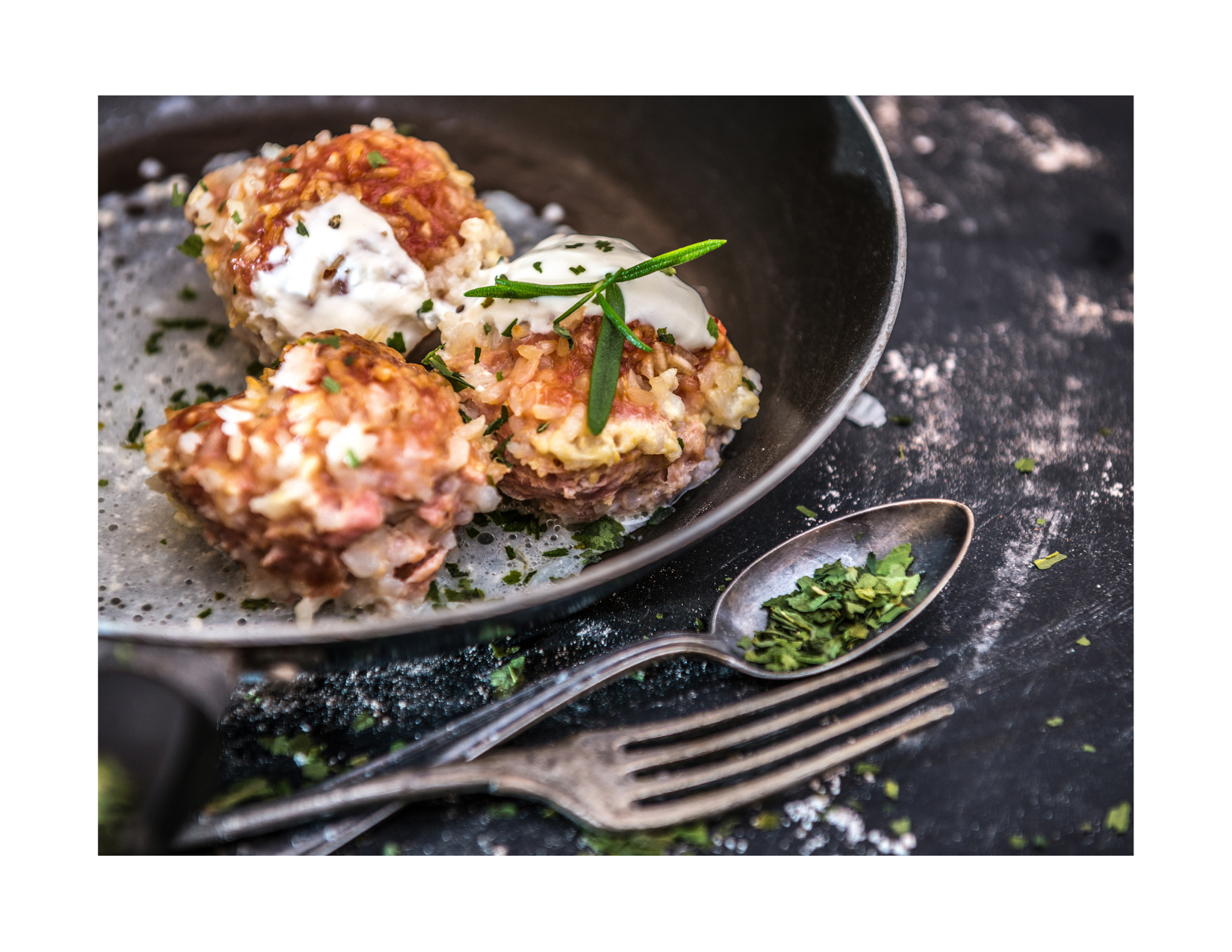
Are you wondering what foods have gluten?
Glad you asked and the list is very long. Of course, you find gluten in wheat and wheat products. But gluten is found in most processed food because of its binding and thickening properties. Avoiding gluten takes a bit of sleuthing. For example, modified food starch is gluten.
Love your hot chocolate? You wouldn’t think to ask but hot chocolate mixes vary. Some are safe and others are not.
Here’s a list to give you a head start:
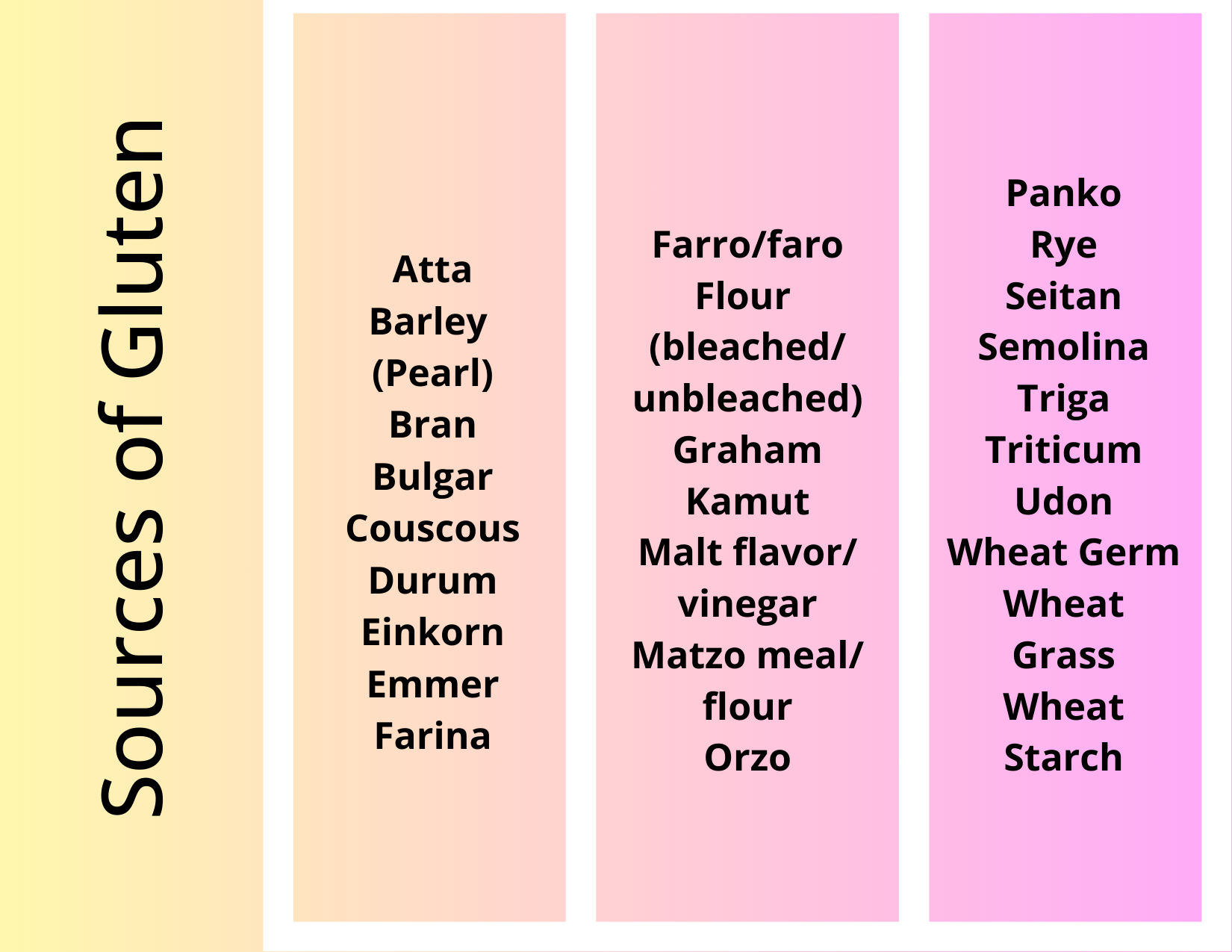
Inflammatory bowel conditions cannot be reversed by desensitizing or gradually building resistance by repeated small exposures as practiced for some allergic conditions.
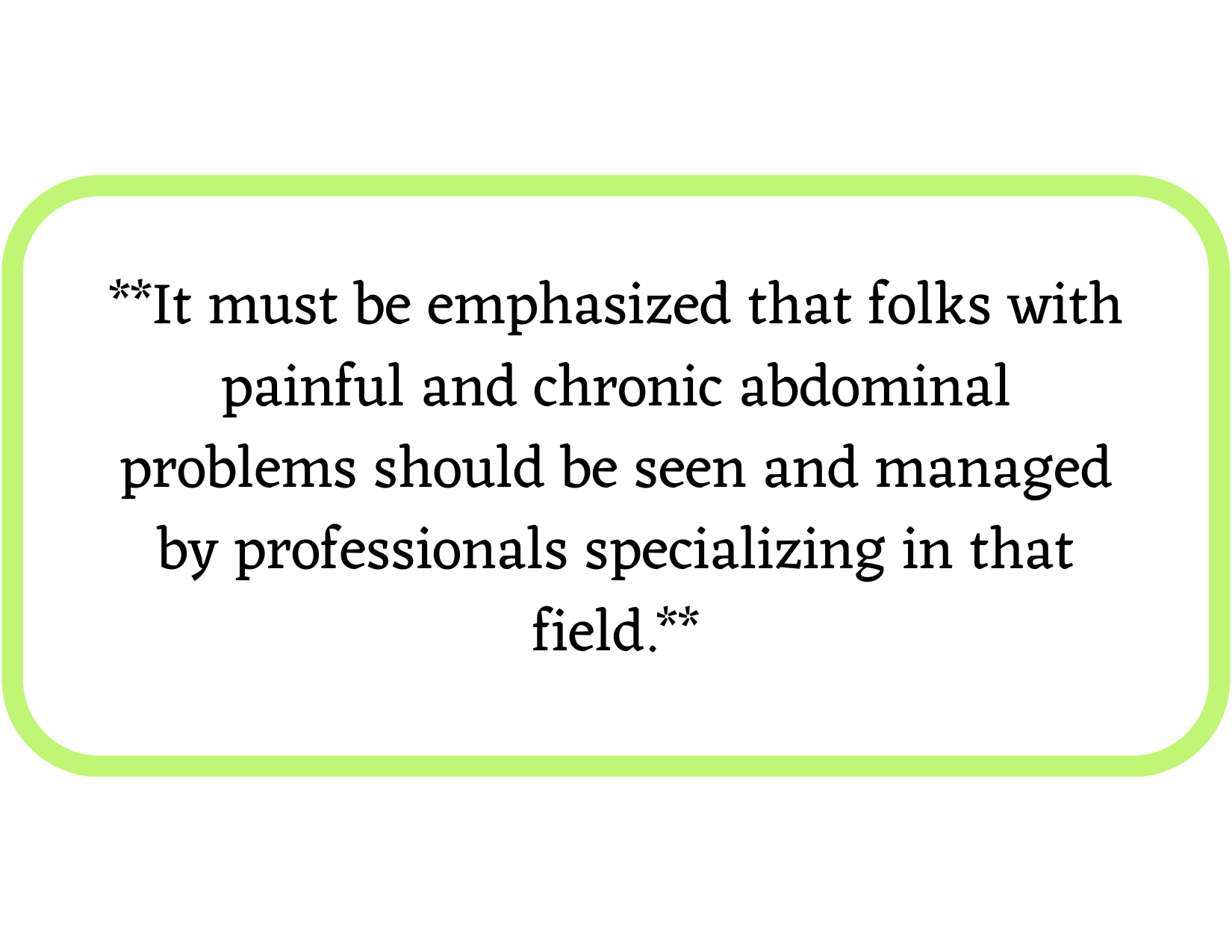
By becoming more informed about gluten and actively avoiding it, when possible, individuals can be in control. Whether you are managing a diagnosed condition or simply aiming for a healthier lifestyle, cutting gluten can be a positive step toward better digestion, increased energy, and overall wellness.
Be Well, Be Strong,
Jolinda

- Feb 3, 2025
Spotlight on Gluten
- Jolinda Rockett
- Good Food
